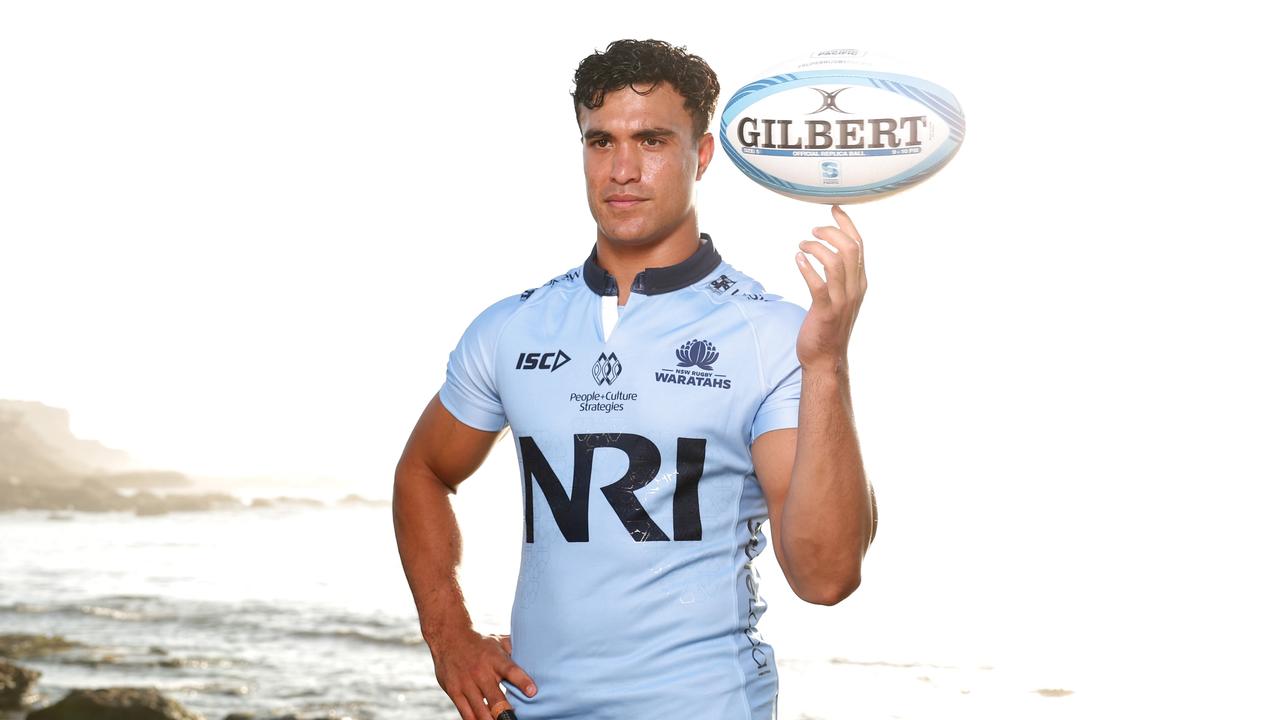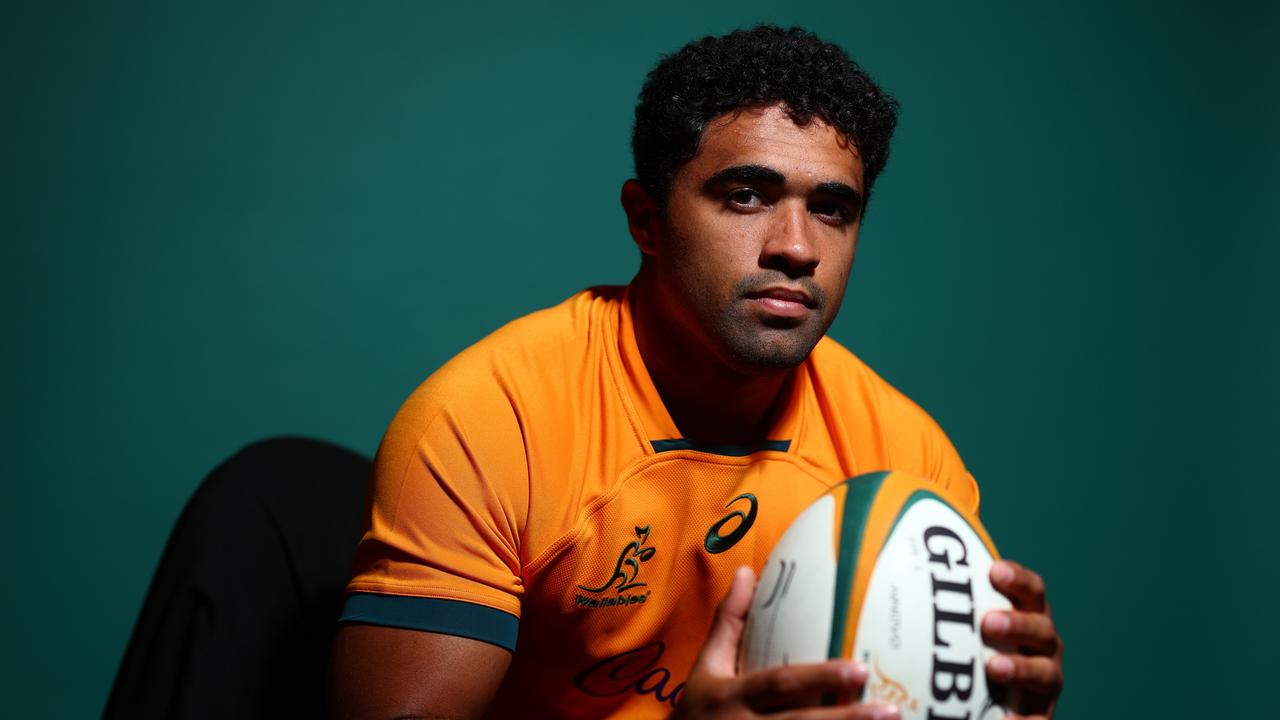Indigenous Sport Month: Rugby legend Glen Ella’s alarming message for code falling behind
Glen and Gary Ella say rugby union doesn’t do enough to foster Indigenous talent — but they believe the game can change this by 2027, if administrators get serious.
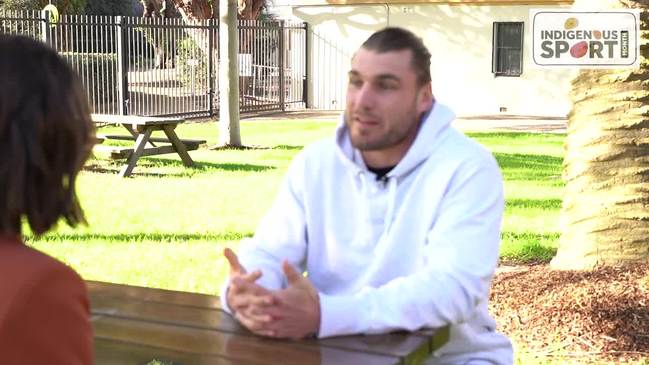
Rugby
Don't miss out on the headlines from Rugby. Followed categories will be added to My News.
Australian rugby’s failure to lure the best Indigenous talent over the past three decades can be fixed in six years if administrators get serious, legendary Wallaby brothers Glen and Gary Ella have declared.
The Ellas say Rugby Australia and the states must introduce programs targeting Indigenous communities now, to take advantage of the major events the nation is expected to host; the 2025 British & Irish Lions series, and the 2027 Rugby World Cup that Gary is helping Australia bid for.
While the NRL boasts Latrell Mitchell, Josh Addo-Carr and David Fifita, and the AFL features Buddy Franklin, Eddie Betts and Shai Bolton, Australian rugby does not have a single Indigenous player with a national profile.
“I’m sick of people coming up to me and saying, ‘I used to watch you guys play for Randwick, they were the best days’,” Glen Ella said. “People can still play that way. They’ve just got to let the horses loose so we can play a game that people want to see.
“If I’m sitting on the fence as a sporting person, you look at rugby league, look at rugby union or AFL, I definitely wouldn’t pick rugby union, not in today’s climate.”
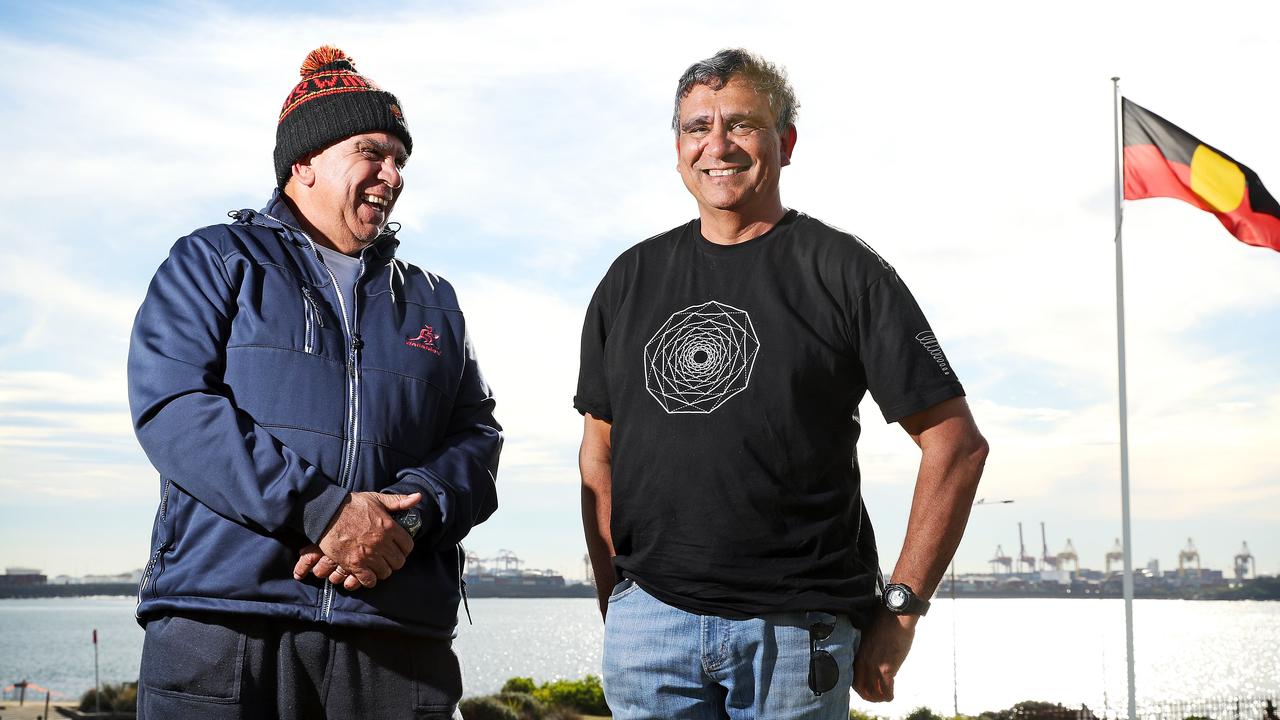
So much so, that after inexplicably failing to be offered work in his sport, Ella now works for the AFL.
“I work for AFL Sportsready – I’m a field officer and mentor,” he said. “I look after 45 kids that are doing traineeships currently, and I reckon 35 of those are Aboriginal kids. I mentor those kids to make sure they finish their traineeships and then go on to further education.
“I’ve asked that question, what’s happening in rugby union? It’s a blank. So we’ve got to get out there and do more in the communities and encourage them – whether they play rugby or not, it doesn’t really matter – to make sure they get an education and get a solid base under them.
“It’s an opportunity with the Lions Test and hopefully the World Cup in 2027, with the funds they’ll make from those couple of events, that we can have a pathway for young Aboriginal kids.
“Rugby has taken us all around the world – we’ve been to more than 50 countries between us.
And we’re not counting multiple times in the one country. When we speak to Aboriginal kids about this, and the opportunities they can get, you can see their eyes lighting up.”
Along with third brother Mark, the Ellas lit up the rugby world in the 1980s. While superstars such as Andrew Walker, Wendell Sailor and Kurtley Beale have made their mark in the Wallabies jersey since, the landscape is rather bare today.
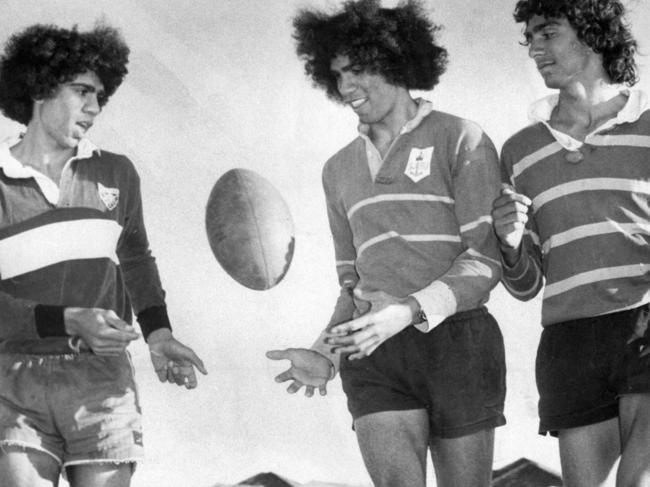
The Brumbies have emerging winger Andy Muirhead, the Reds have reserve halfback Moses Sorovi and the Australian sevens team has Maurice Longbottom, but none are yet household names.
Glen has some strong advice for rugby scouts.
“First of all, they’ve got to make sure they actually care for the kids’ wellbeing,” he said.
“Too many times, in all different sports, they are just discarded if they’re not up to that level.
“Not all kids are going to make that level, but some of them will if they get that opportunity.
“They need programs to open up those opportunities for these kids because there’s a Cody Walker out there, there’s a Josh Addo-Carr, a Latrell Mitchell, there’s a young kid who is going to be the next Kurtley Beale or Andrew Walker.
“What we bring to the game is flair, a bit of X-factor, and some of the kids are just not getting the opportunity.
“And rugby can be regimented at times, so you need to be able to say, ‘OK, play the game that the kids want to play’ like they did with us, and off we go again.
“You’re looking at the five franchises and we’ve only got three Indigenous kids playing. We should have a lot more. We need to open up some opportunities for Aboriginal kids. I don’t think we look hard enough for those kids and they’re just sitting there.”
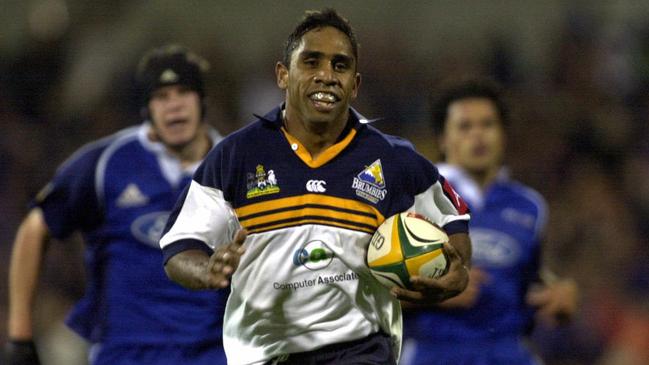
Gary added:“Don’t oversell, you can’t go out there and promise them things that you can’t deliver.
“You get a lot of young people that come to Sydney with expectations and then they don’t have the support that they need. They’re not connected to their family, they’re not connected to other Aboriginal people in their new communities. They need to have that strength and support.
“And they need people just to be in the background, not just coaching them but giving them advice and pushing them in the right direction.
“With the Lions series, the 2027 World Cup potentially here, the women’s game, there’s a lot happening in rugby that we can take advantage of to build interest within the community.
“But when we build that interest, we’ve got to have programs in place to support them.
“Rugby isn’t played in public schools anymore. In public schools they go out and play football for the fun of it, they really get stuck into it.
“And then we’ve lost that feeling that if you do well then you get looked after — and even if you’re just playing the game, that you’re getting looked after right through your career. It doesn’t seem to be as strong as it used to be.
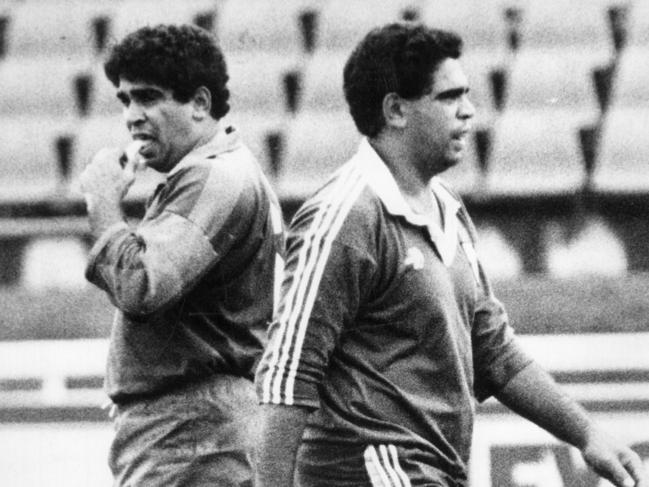
“With the events coming up in the next couple of years, we’ve got an opportunity to reinstate a lot of that.
“I’m on the World Cup Bid Committee and the thing that we’ve been talking about is not starting the legacy when the World Cup is finished in 2027, but actually starting programs now just to make sure that it’s a lot more engaged.
“It’s not just league, it’s the AFL — you look at the highlight packages of them on the weekends and they’re all Indigenous players starring in the highlights.
“We just need to hold the players for a bit longer and make sure that their development’s there because there’s certainly skilled players out there.
“You go to the league knockout the Ella Sevens, you see these players that are just fantastic and naturally talented. It’s just about harnessing that to get them playing the game, and to do that you need to be able to support them off the field.”
The Ellas’ freewheeling style of play brought a new generation of fans to rugby, but they had to fight to express themselves.
“We got picked together in the 81-82 tour of the UK, a Grand Slam-type tour,” Gary said.
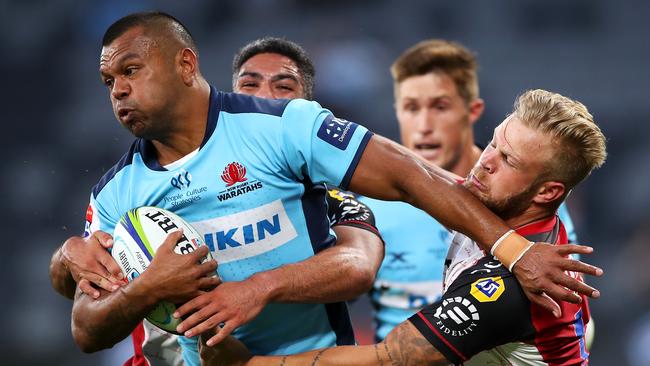
“And it was funny when we got picked, someone asked Bob Templeton, who was the coach, ‘How do you think the Ellas will perform?’ He said: ‘They’ll go okay if they can conform’.
“So we thought, ‘Okay, how are we going to play this?’ And that tour was a lot of fun, but we didn’t have the success that we were hoping for because it was a pretty good side.
“Personally, I felt a little bit restricted when I was playing.
“That didn’t turn us off playing, it just made us more determined to do better next time we had those opportunities.”
Glen recalled: “I remember we were playing at Eden Park against Auckland – this is a long time ago – and I know that Peter Crittle was the coach, and he said, ‘Whatever you do, don’t chip-kick, no flick passes, none of that, I don’t want to see any of that.
“And we ended up scoring a try under the goalposts where Mark chipped over the top and caught the ball and scored under the posts.
“We were 18-year-old kids playing for Sydney in front of 40,000 people at Eden Park against a lot of All Blacks. So after that, we never got pulled up.”
More Coverage
Originally published as Indigenous Sport Month: Rugby legend Glen Ella’s alarming message for code falling behind





